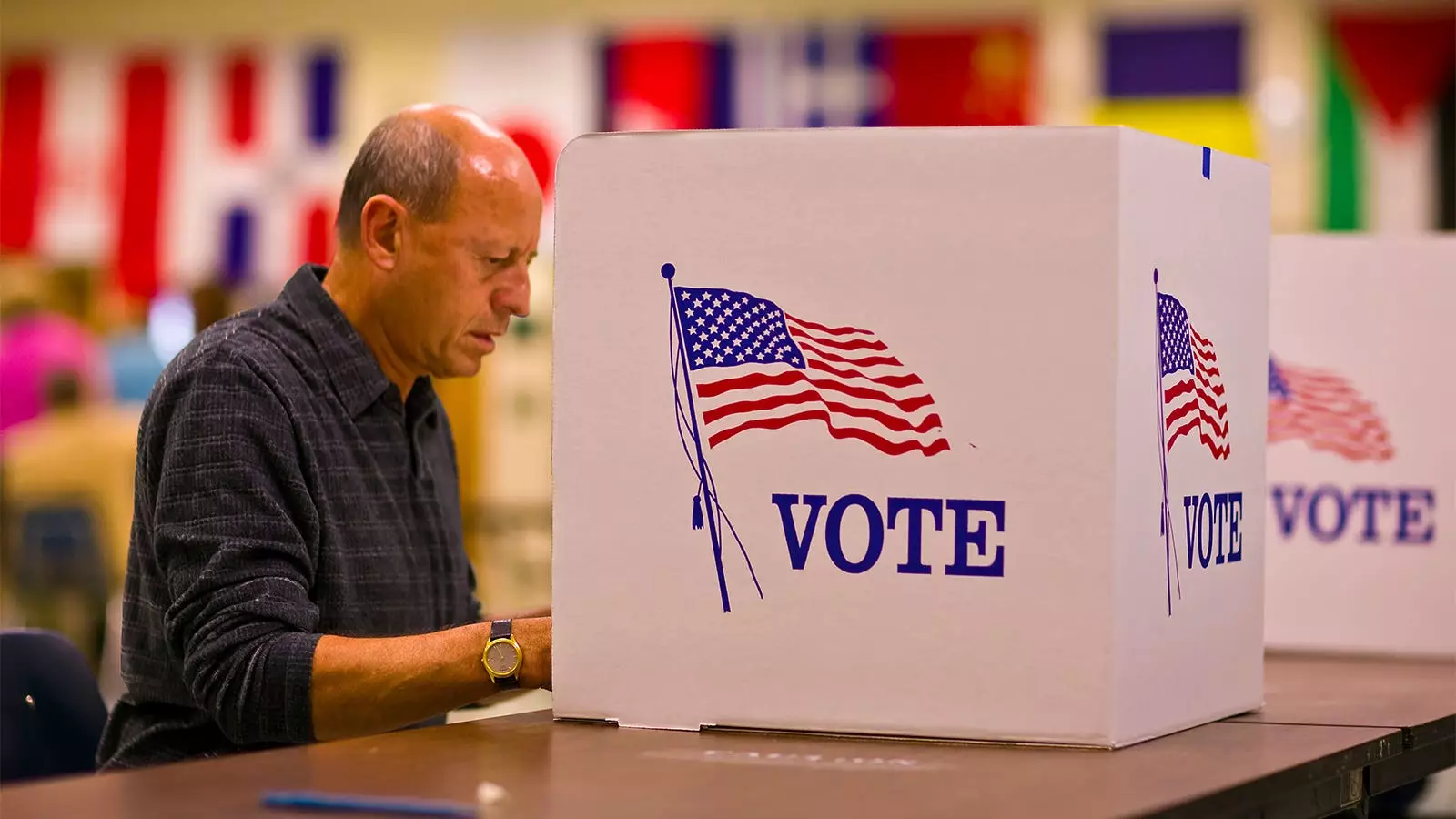The experience of working with individuals at the end of their lives offers profound insights into what truly matters. In my capacity as a hospice social worker and death doula, I have encountered a diverse range of people, each with unique life experiences, but sharing a commonality in their reflections as they near death. These moments of vulnerability and honesty have unveiled a tapestry of regrets that not only illuminate the human condition but also serve as a framework for evaluating our societal values and political choices.
From these experiences, I have gleaned lessons that resonate deeply in today’s political climate, where decisions at the ballot box can echo the sentiments of those who have faced the end. The regrets often stem from unfulfilled relationships, a lack of compassion towards others, and prioritizing materialism over meaningful connections. This leads to the pressing question: how do these insights influence our approach to voting during an election season?
Reflecting on my journey, which began in 1994 after earning my Master of Social Work, I can trace a clear line from my education to my evolving understanding of life and death. Serving as a hospice social worker in Los Angeles, I was frequently confronted by individuals who, upon reflection, grappled with their choices made long ago. Their voices became pivotal for me, not just as an emotional anchor but as guiding principles for my own life and civic engagement.
Many expressed sorrow for having put personal ambitions ahead of familial bonds, beholden to their work at the expense of personal relationships. The essence of these reflections often underscored a universal need: the absolute requirement for the basic human necessities of food, healthcare, and shelter, and the overarching importance of prioritizing these needs within the political landscape.
As we find ourselves entrenched in a politically charged environment, examining candidates through the lens of these deathbed observations appears not only relevant but essential. I urge voters to consider how these regrets translate into our responsibilities as citizens. What do candidates stand for regarding social welfare? How do they contribute to nurturing a society where each person’s fundamental needs are met?
A significant number of dying individuals articulated their distress over health crises exacerbated by financial barriers. These conversations highlight the failures in the healthcare system that often leave the most vulnerable unable to seek assistance until it is too late. A political candidate’s resolve to ameliorate these circumstances could mean the difference between life and death for countless individuals.
Additionally, there is a pervasive sense of regret from those who sacrificed personal well-being for the sake of job security or financial gain. In a competitive workforce, many find themselves trapped in a cycle of excessive work without benefits like vacation time or family leave. Consequently, when evaluating political platforms, it is crucial to examine candidates’ positions on labor rights and fair wages. A commitment to ensuring humane work conditions is not just a policy proposal; it carries the weight of human lives behind it.
Constructing a “deathbed regrets voter guide” entails reflecting on what a candidate’s policies mean for the fabric of society. Questions to consider might include:
– Are candidates genuinely committed to creating policies that address the basic needs of food, housing, and healthcare?
– Do they demonstrate a willingness to prioritize the welfare of their constituents over personal ambitions for power and influence?
– What strategies are they willing to propose to alleviate the financial burdens that hinder individuals from accessing vital healthcare services?
– Are they fostering conditions that allow for increased employee benefits, including time off and medical leave?
These reflections count, and they can shape our choices at the polls. When we consider such essential matters, we move beyond the superficial aspects of campaigning and delve into the meaningful core of our society’s values.
The importance of understanding these regrets extends beyond personal voting preferences. It serves as a catalyst for a larger movement toward change—a collective call for compassion and accountability in governance. Each vote is a powerful act that carries the potential to rehabilitate our political narrative and lay the groundwork for a future that aligns with the deepest aspirations voiced by those who have faced their mortality.
As we approach the next election, let us heed the lessons imparted by the dying. Each voter’s engagement isn’t merely an act of civic duty; it is a testament to the values we wish to hold dearly in our community. When we approach the polls with the wisdom of the past, we may just redefine the political landscape for those who will follow.
In the words of these poignant reflections, let us choose not to regret our votes, but rather to honor those who taught us how to live.

Leave a Reply